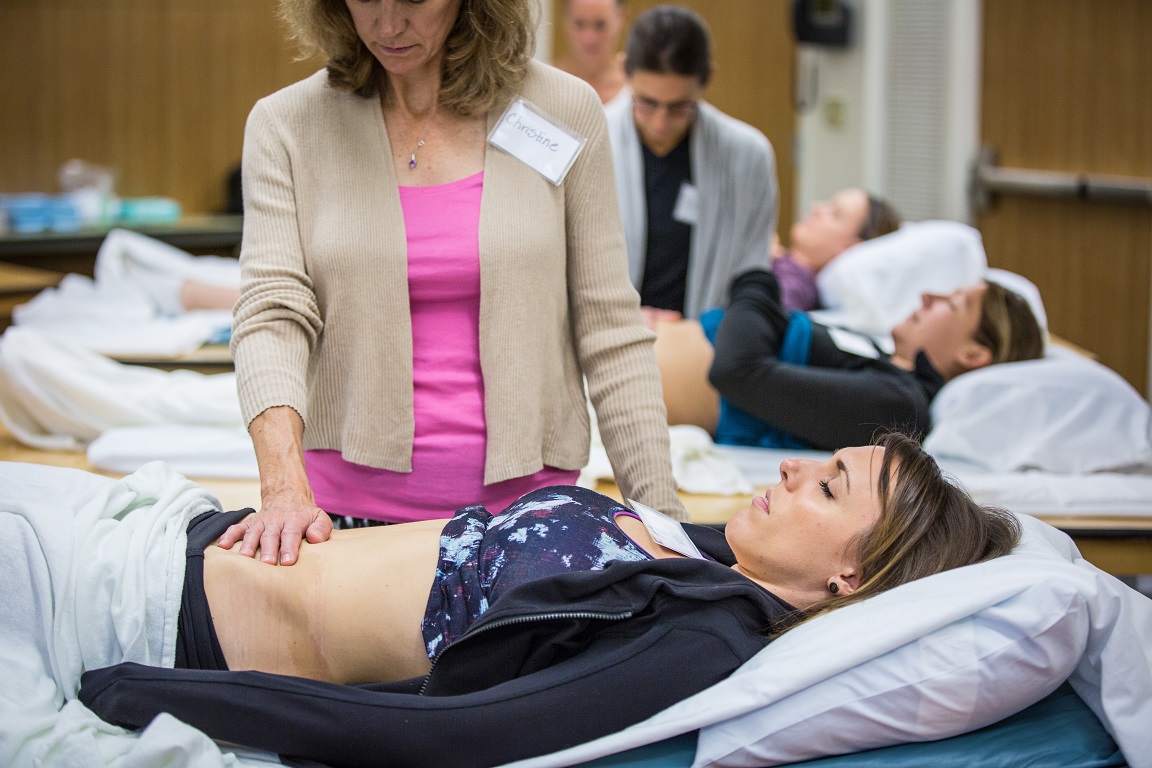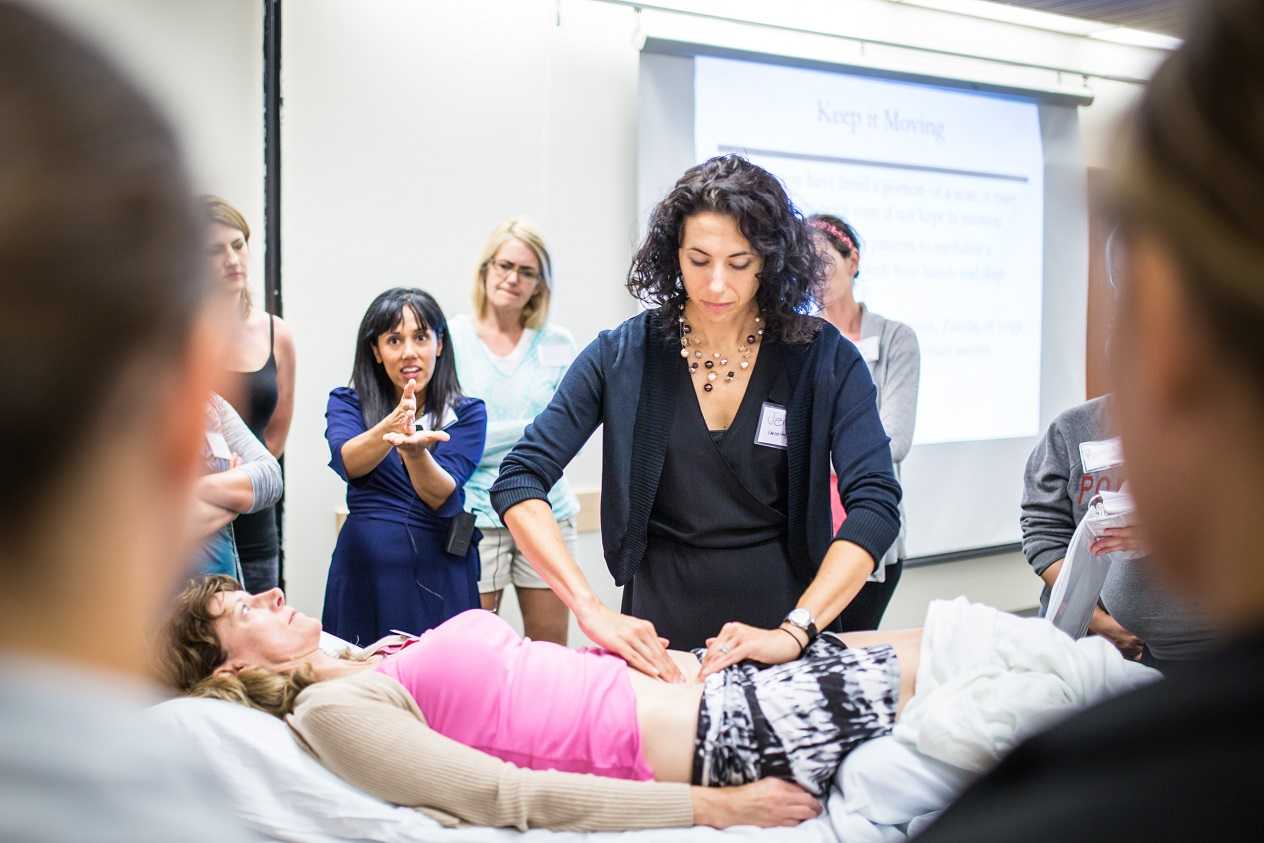Inpatient or Outpatient Rehabilitation for Breast and Gynecological Cancers?
Researchers in Norway aimed to determine if an inpatient rehabilitation program (IRP) was superior to an outpatient rehabilitation program (ORP) in helping women return to work following treatment for breast or gynecological cancers. Being unable to work or having to reduce work capacity due to physical and mental challenges is common after cancer treatment. Accompanying changes in quality of life and health status affect women differently and is often based upon diagnoses, treatment interventions completed, education levels and work status, according to the authors. In this article, women attending separate inpatient and outpatient locations with programs designed to reduce drop-out from work by improving physical, psychological, and social health. 51 women were included in the inpatient program, with 50 in the outpatient program. The variables assessed for outcomes included change in work status, fatigue, and health-related quality of life. At time of admission and 6 months post-admission, women ages 18-67 completed the Fatigue Questionnaire (FQ), the European Organization for the Research and Treatment of Cancer Quality of Life Questionnaire Core 30 (EORTC QLQ-C30), and information about work status.
Interventions for both groups included physical exercise, patient education, and group discussions. Educational and group discussions included topics of cancer treatment and side effects, physical activity, nutrition, work rights and return to work issues, partnership and sexuality, psychological reactions to cancer, and coping strategies. The inpatient program involved 3 weeks of stay during the week, and a 1 week follow-up 8-12 weeks later. Educational training comprised approximately 15% of time, group discussions 25% of the time, and physical activity 60% of the time. Exercise activities included Nordic walking, hiking, spinning, stretching, and relaxation. The outpatient rehabilitation occurred 5 hours/day, 1 day/week for 7 weeks. The lectures in the ORP accounted for 25% of the total time, group discussions 25% of the time, and physical activity the remaining 50% of the time. Because of the significant decrease in time spent in rehabilitation, the authors proposed that the subjects in the inpatient program would experience more significant improvements.
Fortunately, both groups improved significantly, without the expected differences in outcomes between groups. In the inpatient program, 73% of the women improved their work status compared to 76% in the outpatient program. All subjects benefited from either program in health-related quality of life and in fatigue, but no significant differences were noted between groups. One reported difference between the intervention groups is that within the inpatient group, an immediate improvement in fatigue was noted. This improvement was attributed to the 1-2 exercise sessions per day in the IRP. The authors conclude that both inpatient and outpatient rehabilitation programs for women following intervention for breast and gynecological cancers can offer substantial benefit. This conclusion is positive in that some patients may not be able to travel to participate in inpatient programs, and the cost of an outpatient program is significantly less than inpatient programs. To learn more about oncological approaches for rehabilitation, the Institute has several courses available. Susannah Haarmann's Breast Oncology course is taking place in February in Arizona. The Oncology and the Pelvic Floor A course (about the female pelvis) is instructed by Michelle Lyons and is offered next in California in May. Check the website for updates to additional oncology course dates. If you are interested in hosting a course, please contact the Institute, and if you would like to be alerted when a particular course is scheduled in your area, let the Institute know and we can keep you informed of schedule updates!
By accepting you will be accessing a service provided by a third-party external to https://www.hermanwallace.com/






































